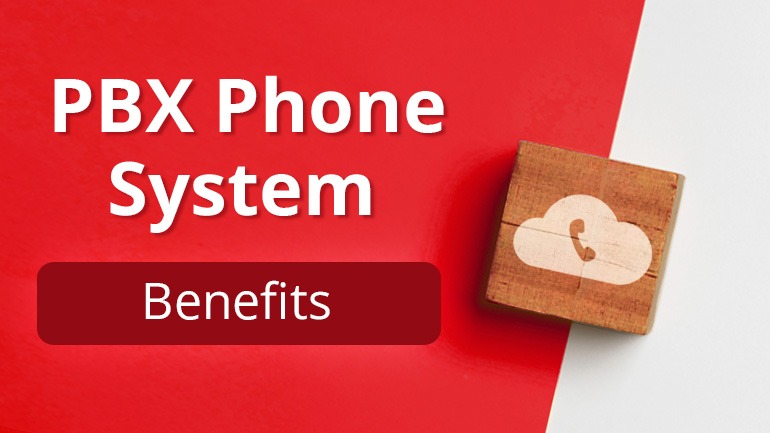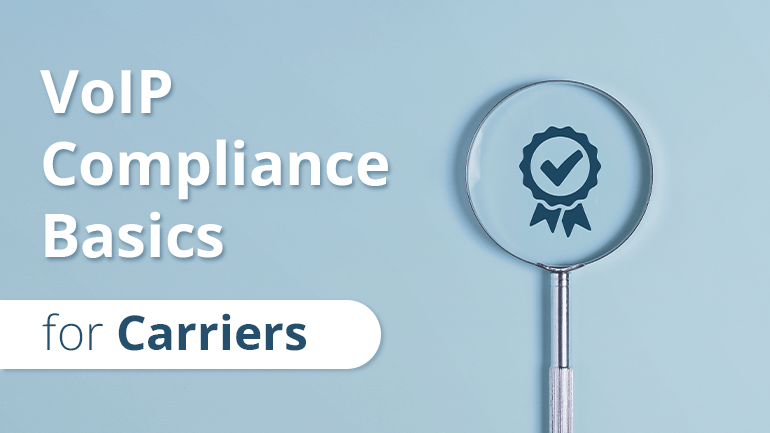As customers are constantly bombarded with information, businesses must adopt efficient, relevant, and non-intrusive communication methods. One technology that has seen a significant rise in popularity is Application-to-Person (A2P) SMS, which facilitates the automated delivery of text messages from an application to a person’s mobile phone.
Choosing the right toll-free number provider isn’t just about price — it’s about trust, clarity, and growth. From call quality to hidden fees, every detail shapes your customer experience and brand credibility. This guide unpacks what truly matters so you can make a confident, strategic choice for your business.
VoIP isn’t just about cheaper calls – it’s a smarter way to cut communication costs across the board. From reducing infrastructure and IT expenses to boosting productivity and enabling remote work, VoIP offers a scalable, cost-effective solution that improves operations and supports long-term business growth. Here’s how it transforms communication ROI.
Clear communication is the backbone of any successful business. From aligning internal teams to building trust with customers, how you communicate can shape your company’s growth. This article explores how PBX phone systems modernize business communications—boosting efficiency, reducing costs, and creating a seamless experience for both employees and clients.
A toll-free 1800 number remains a powerful tool for businesses, enhancing customer accessibility, brand credibility, and communication efficiency. This article explores the benefits, limitations, and strategic value of 1800 numbers in today’s digital age—helping you decide if it’s the right fit for your business growth and customer engagement goals.
VoIP phone numbers are transforming business communications by offering unmatched flexibility, cost efficiency, and scalability. Unlike traditional phone systems, VoIP operates over the internet, allowing businesses to stay connected from anywhere. This technology supports remote work, enhances customer service, integrates with digital tools, and enables seamless scalability – all while reducing costs. In this article, we explore how VoIP numbers, like those provided by DIDWW, help businesses stay agile, competitive, and responsive in an ever-evolving market.
Today, we all recognize that the ability to retain and port phone numbers across different service providers is critical for both businesses and individuals. The process of porting…
Toll-free numbers have been a staple of business communications for decades. They allow customers to call an enterprise without incurring charges, and are a proven way to help…
Regulatory compliance is crucial for VoIP carriers to ensure the delivery of reliable communication services. Non-compliance can result in severe penalties, loss of licenses, and reputational damage. This article provides an overview of key regulations, such as data protection and emergency services, that carriers must navigate to operate legally and protect consumers.
Businesses using VoIP must navigate complex regulations to ensure compliance. Key areas include licensing, security, data protection, emergency services, and international laws, making regulatory adherence crucial for safe and effective VoIP usage.













